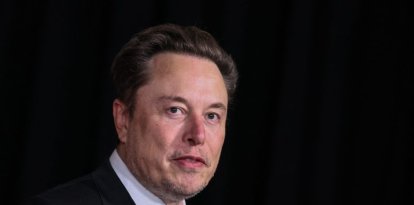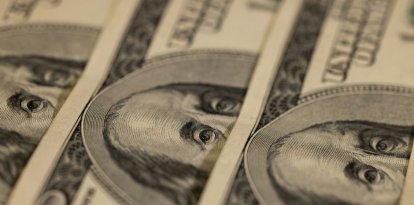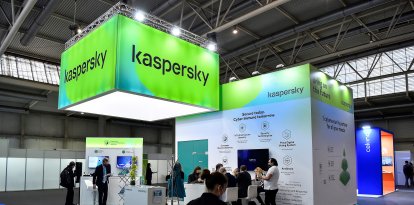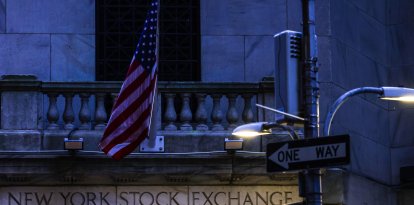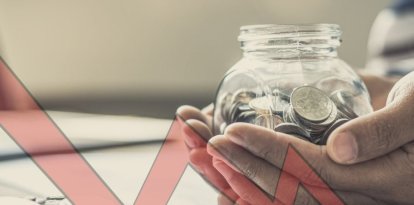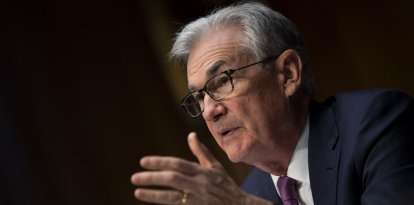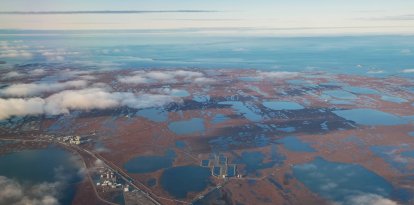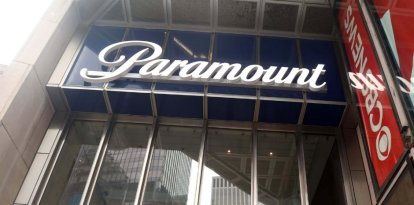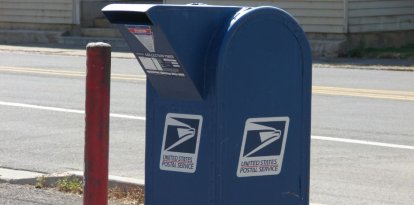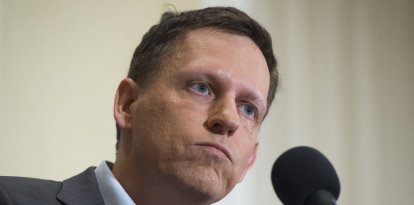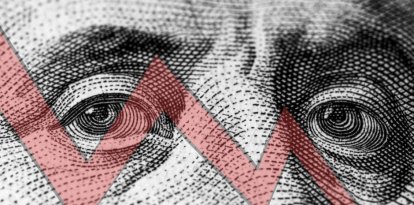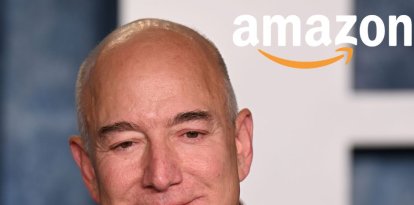The long hand of chavismo in the U.S.
Chavismo has laundered huge amounts of money in North America.
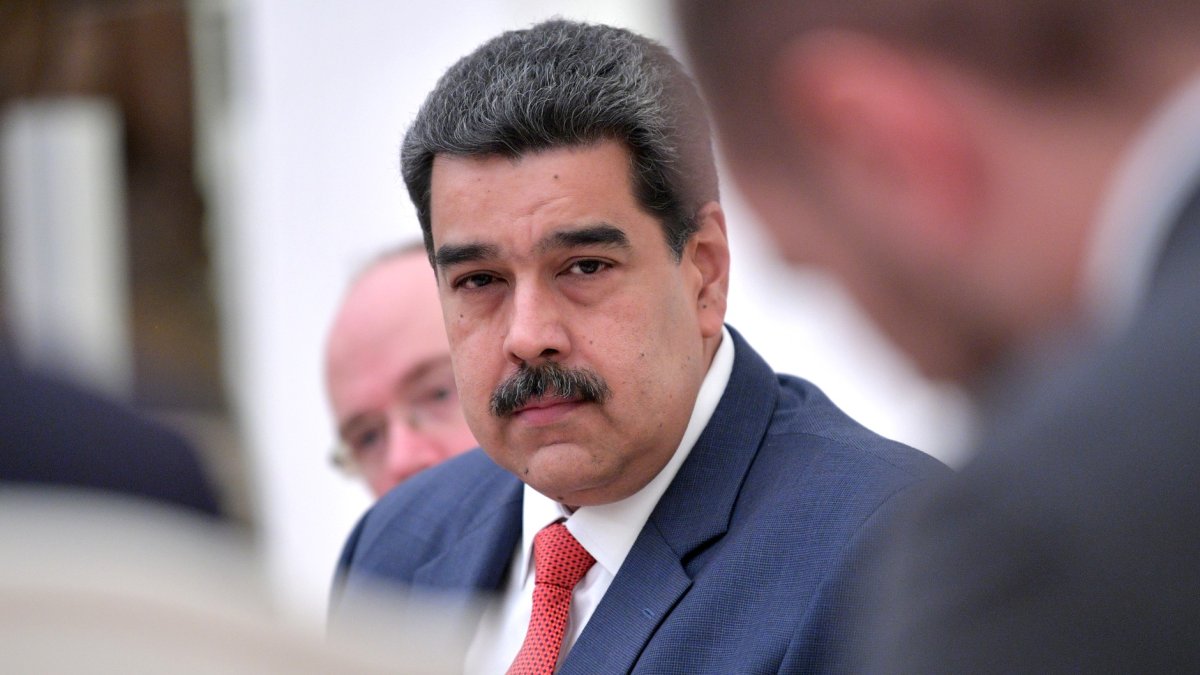
Venezuelan dictator Nicolás Maduro (Wikipedia)
Chavismo has laundered huge amounts of money in the United States. The sanctions applied since 2015 by the U.S. State Department and the U.S. Treasury Department somehow contained the voracity of the bolichicos, collaborators, front men and officials of the regimes of Hugo Chávez and Nicolás Maduro who chose the supposedly hated Empire to place their exactions. The Biden Administration's decision to lift some of those sanctions was a subject of deep concern... and welcomed with relief by the Bolivarian kleptocrats.
Washington has not only loosened sanctions related to the Venezuelan oil sector, but has lifted those that the Treasury Department's Office of Foreign Assets Control imposed on Carlos Erik Malpica Flores, nephew of Cilia Flores -Maduro's wife-. They were enacted in July 2017, for possible acts of corruption.
Maduro has sympathizers in the United States who romanticize his administration and distort what is happening. in Venezuela. "There is an important sector of the Democratic Party, led by leftist leaders, that still whitewashes the image of the regime", says Miguel Henrique Otero, journalist and president of the Venezuelan daily newspaper El Nacional.
Otero maintains that 40% of the cocaine traded in the world comes from Venezuela and that the Cartel of the Suns, a criminal organization with ramifications in the Madurista government itself and in the Bolivarian National Armed Forces, is involved in this illegal traffic. In 2020, the State Department offered US$15 million to anyone who provided information leading to the arrest of Nicolás Maduro himself and US$10 million for information regarding who many say is the real strongman of the Caribbean country, Diosdado Cabello, for his alleged involvement in narco-terrorist activities and money laundering. At this point, it is worth recalling the case of the two nephews of Cilia Flores sentenced to 18 years in prison in the USA for smuggling 800 kilos of cocaine into the country .
Exchange rate swings
Otero details that the first Bolivarians to become unbridledly rich did so by taking advantage of the exchange rate policies designed by one of Hugo Chávez's Planning Ministers, Jorge Giordani: "Venezuela drained billions of dollars through the exchange rate policy, using PDVSA's resources". PDVSA is the public owned oil monopolistic company.
The exchange operations were assigned on a discretionary basis to certain individuals who earned extraordinary spreads. International banking also benefited from this". The veteran journalist adds that numerous Venezuelan State contracts were not awarded by bidding but by emergency, "to give them a touch of legality", in operations in which the real prices have been exponentially inflated.
Former military officer José Antonio Colina, president of the organization Venezolanos Perseguidos Políticos en el Exilio (Veppex), assures that Chavistas initially chose the United States to launder money because of the facilities they found to open bank accounts and register companies. Eventually things would have changed thanks to the pressure exerted by the exile community, which led the U.S. authorities to carry out exhaustive investigations of the large fortunes that were settling in the country, "mainly in Miami and Houston".
On the other hand, and through Veppex, Colina has denounced numerous cases of human rights violations, achieving -together with other Venezuelan exiles and Cuban-American congressmen- the application of sanctions against certain Chavista officials.
Colina believes that the real owners of the large Venezuelan fortunes that have been laundered in the United States are the most well-known Chavista leaders: "The day the US justice system catches Nicolás Maduro or Tarek El Aisami [ministro del Petróleo], they will not let them go". It also mentions Chavismo's number 2, Diosdado Cabello, who is accused of being linked to the Cartel of the Suns, the Pollo Carvajal, who was the director of the General Directorate of Military Counterintelligence, and Alex Saab, accused of being Maduro's front man and accused by the U.S. Attorney's Office of paying bribes to divert US$350 million through government contracts for the construction of housing. He gives one more name Colina: Raúl Gorrín, lawyer and businessman to whom in 2018 the US Justice seized properties for allegedly laundering money he obtained through the granting of preferential currencies from Venezuela. The properties are reportedly valued at approximately US$80 million.
The Mayor of Caracas in exile Antonio Ledezma believes "all the tricks that Chávez did during his lifetime and now Maduro did to try to influence the mood of North American congressmen or to try to approach the White House or the State Department have been unsuccessful, beyond the flicker that sometimes one and the other Administration do, for example, when sending a commission to talk to Maduro". Ledezma celebrates that the Trump Administration offered a reward for the capture of Maduro for his possible links to drug trafficking and that in this matter Biden has not wanted to correct his predecessor.
"It is a success of the Venezuelan people's struggle to preserve the U.S. Government recognition of the cause of freedom in Venezuela and that, in one way or another, there is a lack of recognition of the Maduro regime, describing it as illegitimate", says Ledezma, who assures that "beyond the occasional skirmish", both Republicans and Democrats maintain their support to the cause for the liberation of his country.













